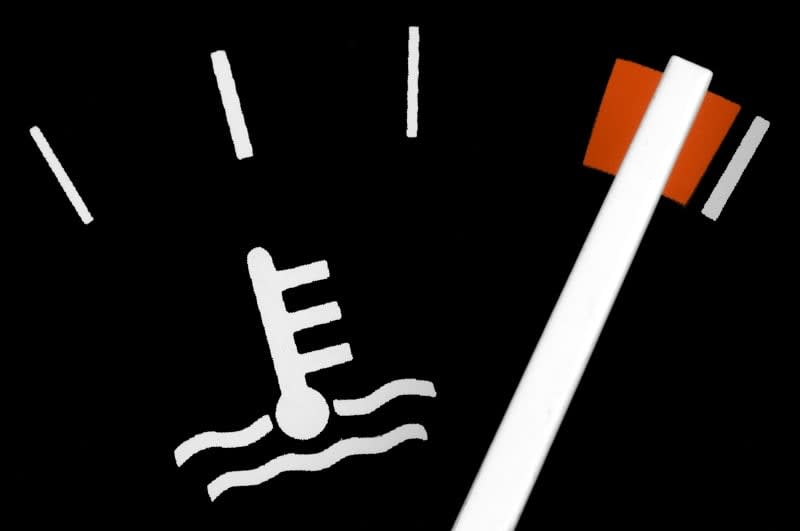Many modern cars boast turbos designed to provide an extra boost of power to a naturally-aspirated engine. They work by driving extra air, and oxygen, into the engine’s cylinders, allowing them to burn more fuel each second, resulting in a bigger bang and more power. But in older cars, turbos needed to be treated with a bit of care in order to prolong their life.
And if you’re not in the habit of letting the turbo cool down before turning off the ignition after an energetic run, you could be asking for trouble further down the line.
So says James O’Malley, of leading UK car leasing firm Select Car Leasing.

He explains: “Turbos have been around since the 1920s and are a simple, effective way of getting more bang for your buck. They’ve become really popular in the past decade, particularly as a way to eke more power out of relatively small and efficient engines."
“Turbos are also so commonplace you might not even realise your car has one. But depending on how old your car is, your turbo might need a little TLC.
And it’s our view some owners are completely unaware of the potential issues.”

The problem concerns the circulation of oil through the turbo in order to keep it cool. This is oil that is diverted away from the engine in order to provide the cooling effect.
But if the engine isn’t running, the heat gets trapped in the turbo.
Mr O’Malley adds: “If you’ve been revving your car hard and then immediately stop and turn the ignition off, there’s none of that cooling flow of oil to the turbo and this can create real issues.
“The layer of oil around the turbocharger bearings can stop flowing and gets ‘coked’ up, forming a horrible burnt sludge that can damage both turbos and engines.
And the bad news is that turbos are not cheap to either fix or replace, with a new one typically costing between £1,000 and £1,500”.

The good news is that most modern cars created in the last five years or so have sophisticated engine management technology, as well as separate cooling systems which remain in operation even when the vehicle is switched off.
Older cars, however, might not have the benefit of such systems and owners are being urged to make themselves aware of the dangers and to take suitable precautions.
The Select Car Leasing expert explains: “There are a few really simple things you can do to help keep the turbo sludge at bay, and to stop you spending a small fortune at the garage.
“The first thing to do is to bring the oil up to temperature before you set off. It only takes a few seconds.
“The second thing to remember is not to switch the engine off immediately - give it a few seconds to cool down before reaching for the door handle.
“This isn’t likely to be an issue if you’ve just been pootling around town. The turbo arguably won’t have reached a high enough temperature to be a problem. But if you’ve been driving in a spirited fashion, leaving the engine running for 15 seconds or so when you pull up, just be sure you’re not creating lasting problems.”
Enjoyed this? Read our latest news:
- Best Car Lease Deals | February 2021
- Muscular new Mercedes-Benz C-Class enjoys electric makeover
- How 5G will revolutionize your daily drive
- Welsh principal worst place in Great Britain for crashing in the wet
-
Best van lease deals | March 2021
For all the latest reviews, advice and new car deals, sign up to our newsletter here.

















